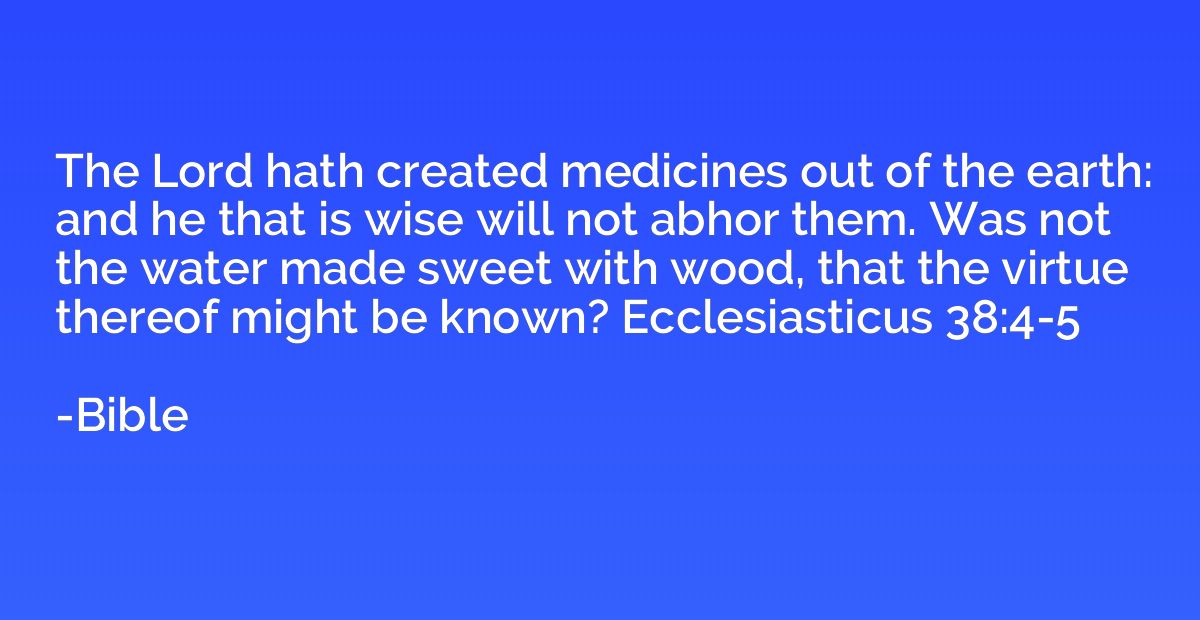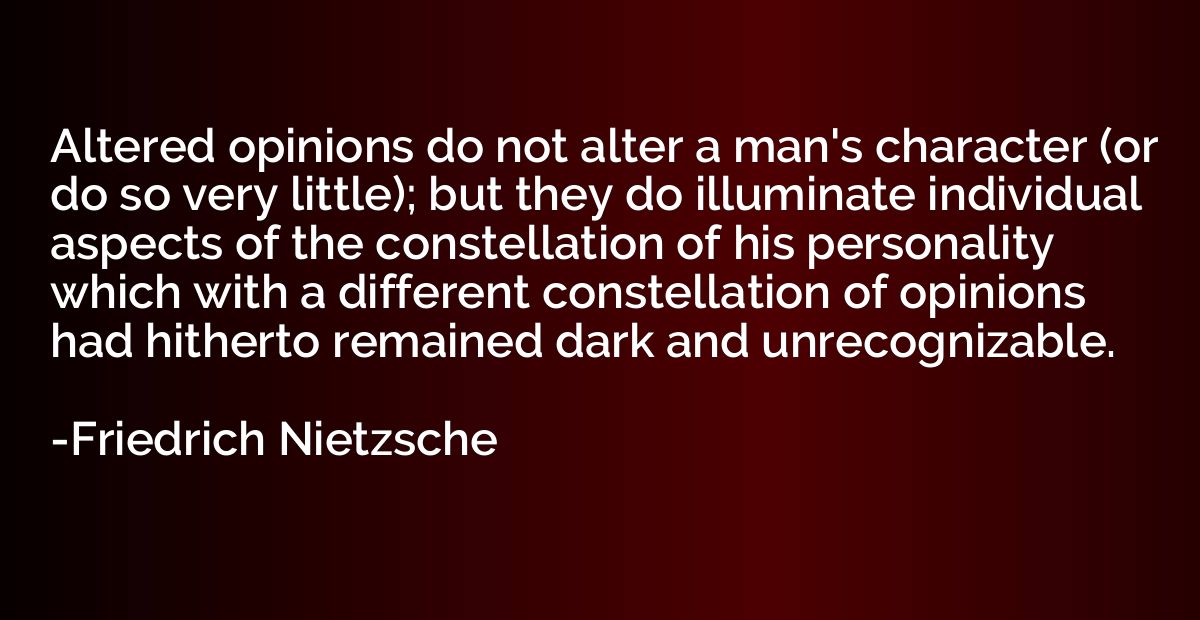Summary
This quote encapsulates the idea that war brings nothing but loss and destruction to humanity. It reflects the belief that engaging in armed conflict signifies a failure of diplomacy, compassion, and understanding. War leads to immense suffering, loss of life, and devastation, leaving behind scars that are difficult to heal. It emphasizes the urgent need to find alternative solutions to resolve conflicts and work towards a more peaceful and harmonious coexistence. Ultimately, the quote stresses that war should be avoided at all costs to cherish the progress and well-being of humanity.















